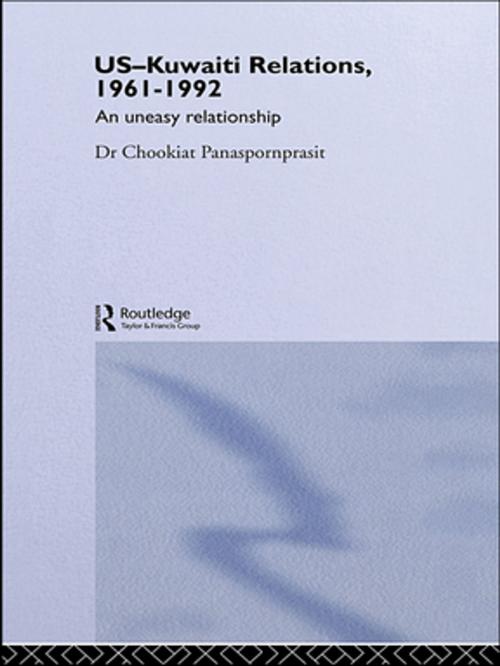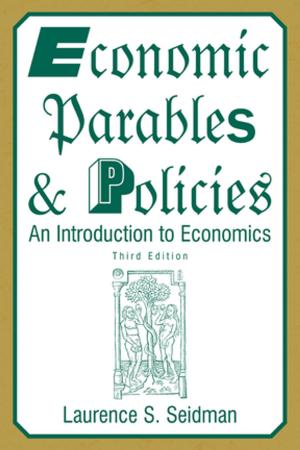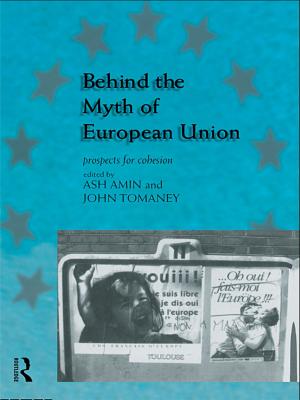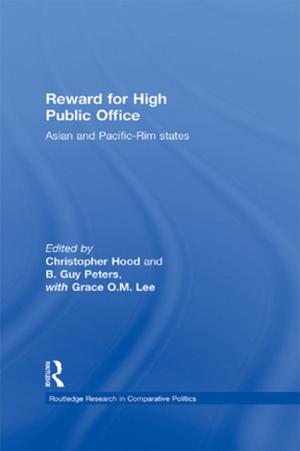US-Kuwaiti Relations, 1961-1992
An Uneasy Relationship
Nonfiction, History, Middle East, Social & Cultural Studies, Political Science, International, International Relations| Author: | Chookiat Panaspornprasit | ISBN: | 9781135767211 |
| Publisher: | Taylor and Francis | Publication: | August 2, 2004 |
| Imprint: | Routledge | Language: | English |
| Author: | Chookiat Panaspornprasit |
| ISBN: | 9781135767211 |
| Publisher: | Taylor and Francis |
| Publication: | August 2, 2004 |
| Imprint: | Routledge |
| Language: | English |
After being granted full independence in 1961, Kuwait began its tumultuous relationship with the US. This book sets out to investigate this alliance within the frameworks of a ‘small state’ and ‘influence’, and in particular under the US presidents Carter, Reagan, and Bush. The political, diplomatic and military aspects are examined which have both stalled and enhanced the bilateral relationship at different times and events.
The relationship between the two countries has not always been a straightforward one. Kuwait, overshadowed by its bigger neighbour Saudi Arabia, was regarded as a derivative interest by the US and its role within the region more often than not underestimated. Shedding new light on this key political alliance, the book details how this uneasy relationship evolved while Kuwait maintained its independent foreign policy, which contradicted US national interest. Illuminating and informative, it is essential reading for anyone with an interest in Middle East politics and international relations.
After being granted full independence in 1961, Kuwait began its tumultuous relationship with the US. This book sets out to investigate this alliance within the frameworks of a ‘small state’ and ‘influence’, and in particular under the US presidents Carter, Reagan, and Bush. The political, diplomatic and military aspects are examined which have both stalled and enhanced the bilateral relationship at different times and events.
The relationship between the two countries has not always been a straightforward one. Kuwait, overshadowed by its bigger neighbour Saudi Arabia, was regarded as a derivative interest by the US and its role within the region more often than not underestimated. Shedding new light on this key political alliance, the book details how this uneasy relationship evolved while Kuwait maintained its independent foreign policy, which contradicted US national interest. Illuminating and informative, it is essential reading for anyone with an interest in Middle East politics and international relations.















